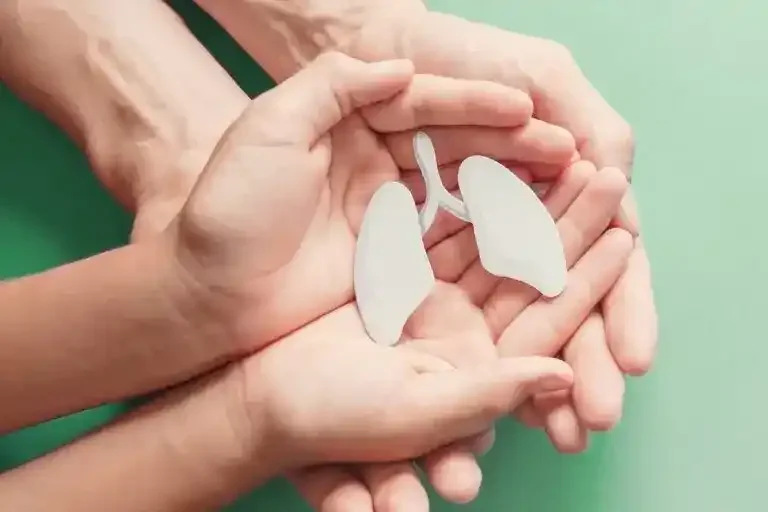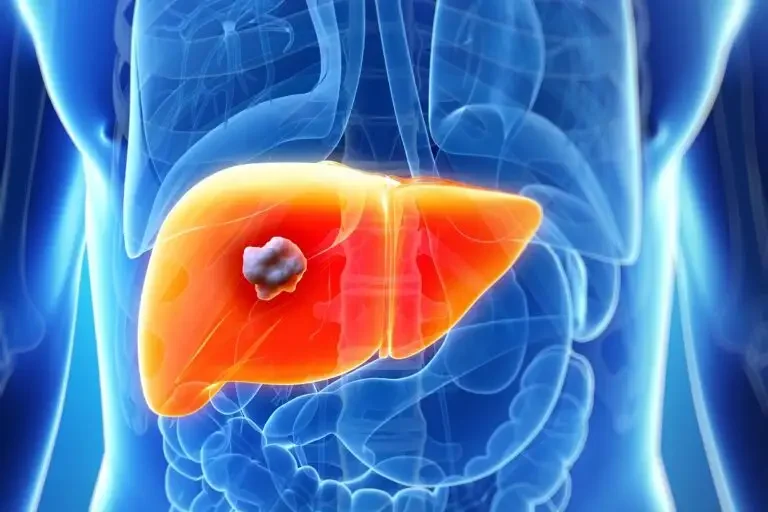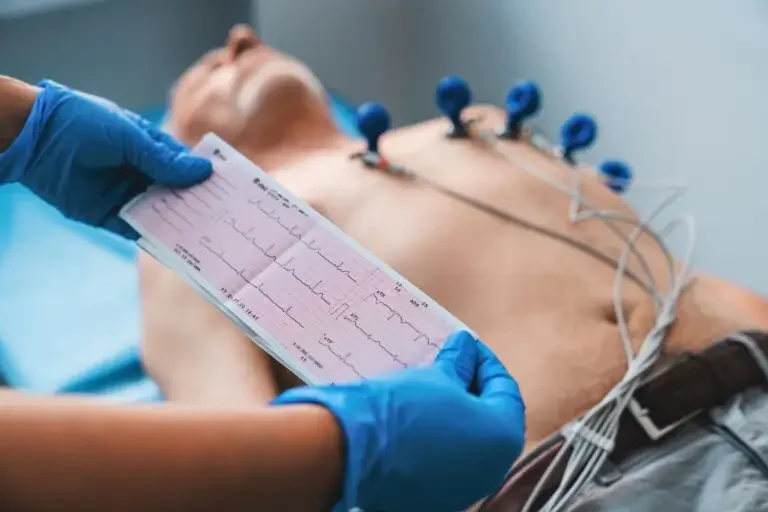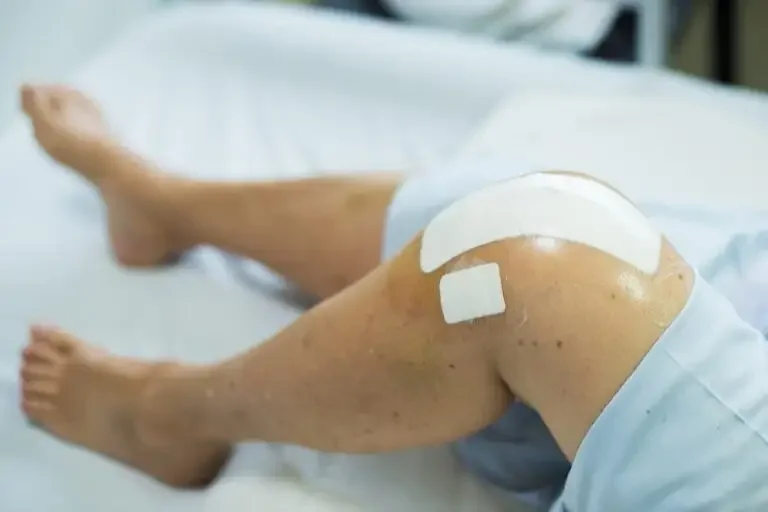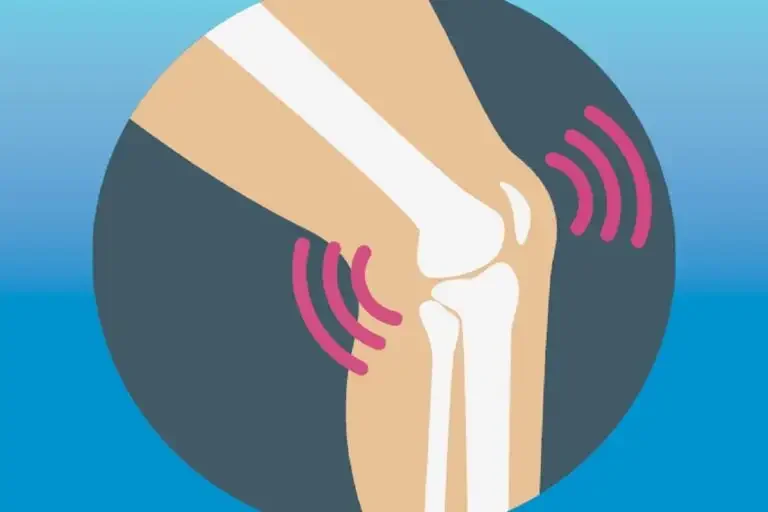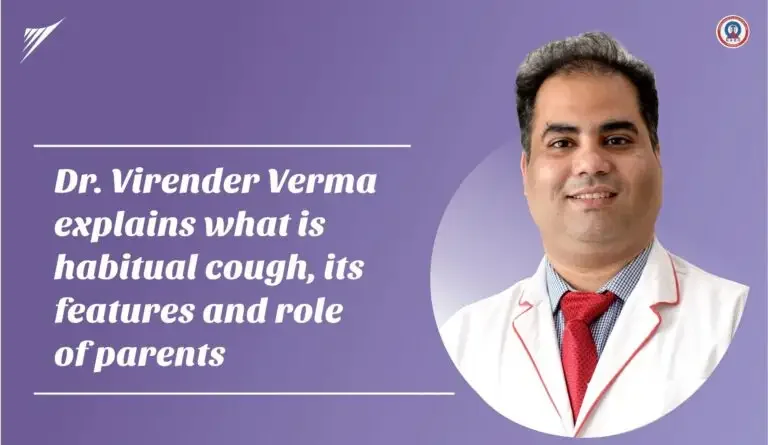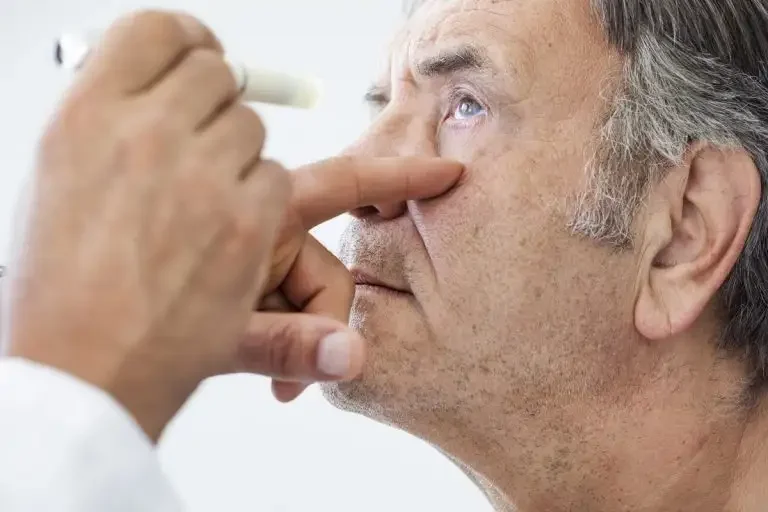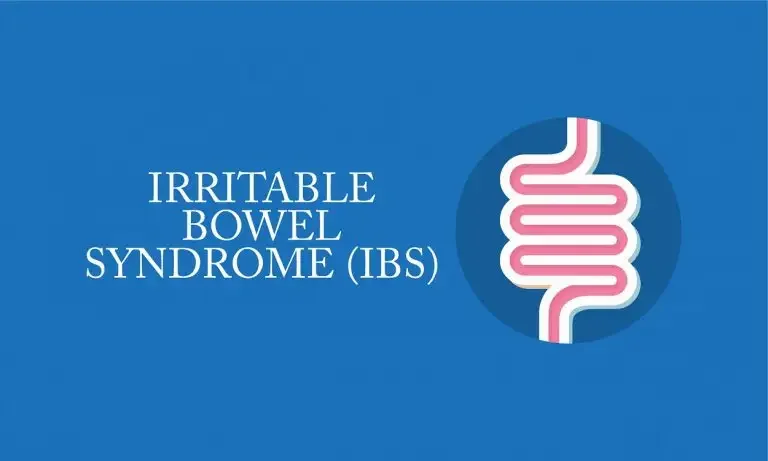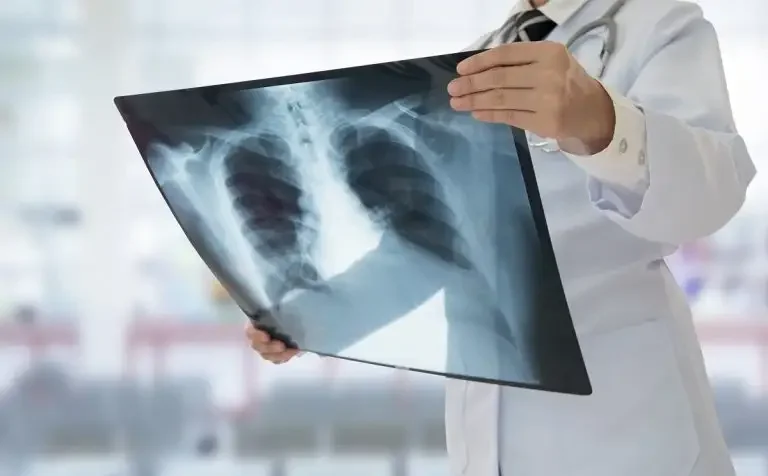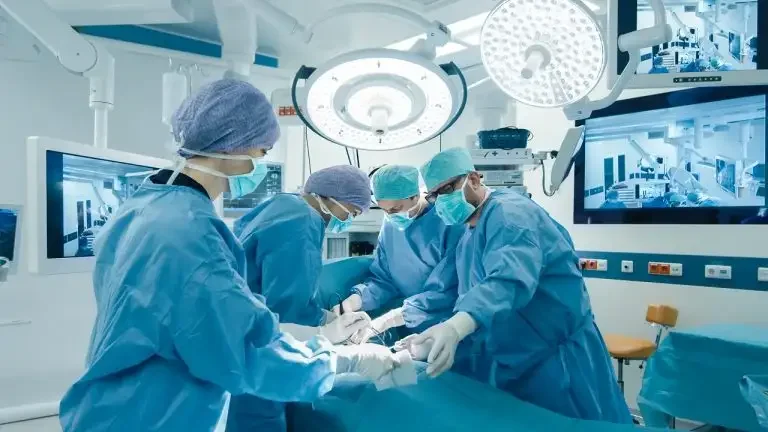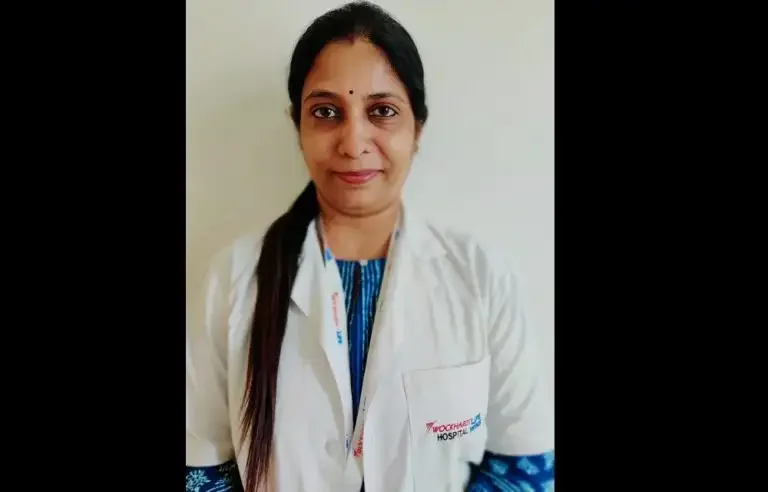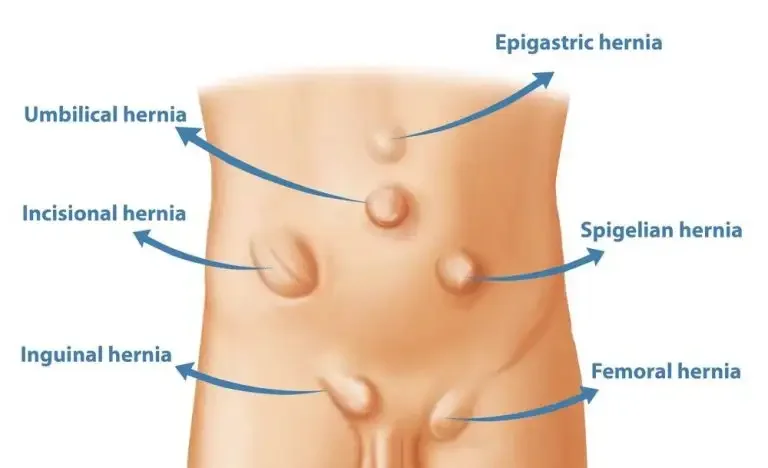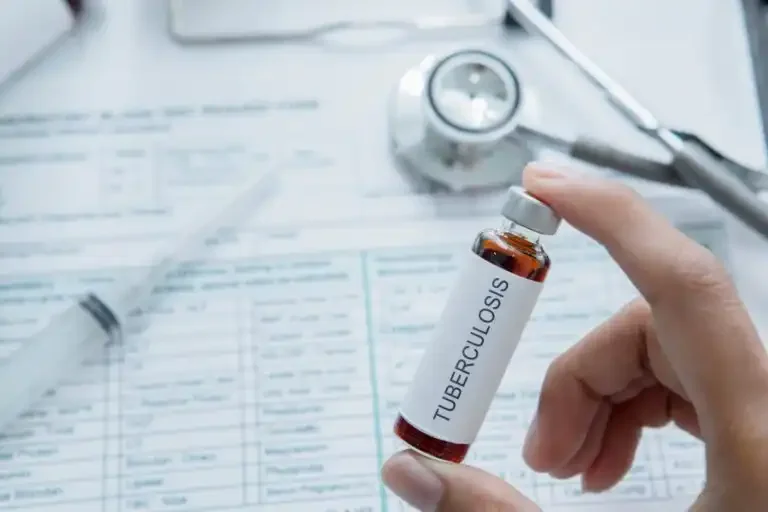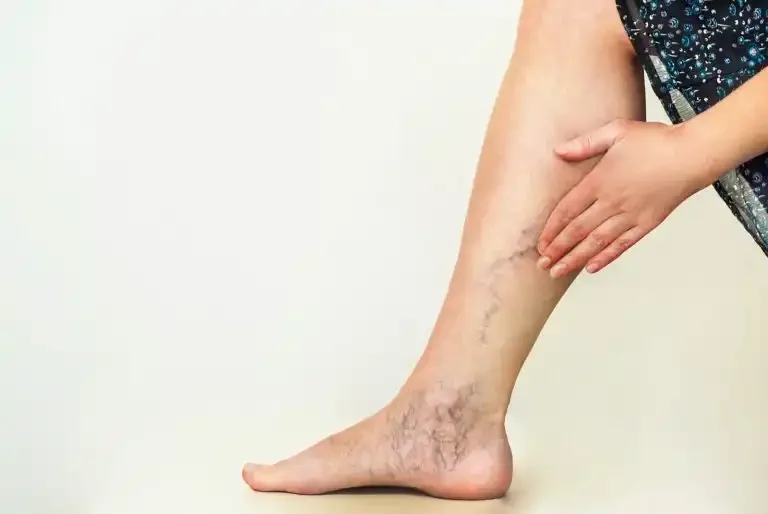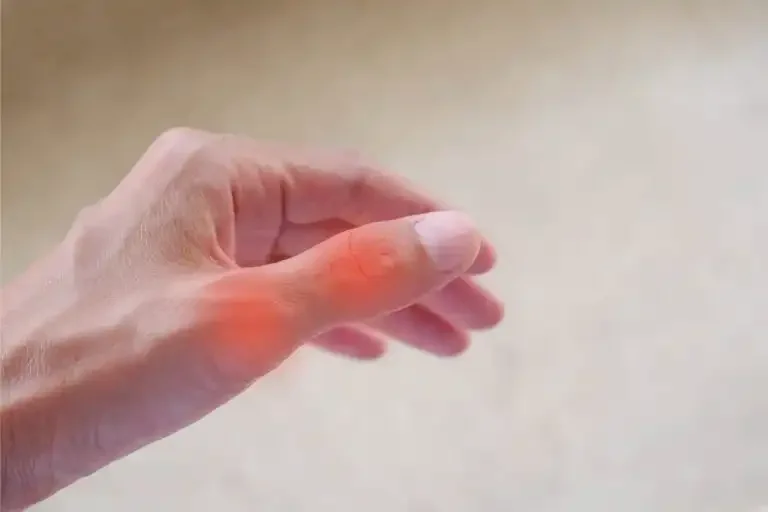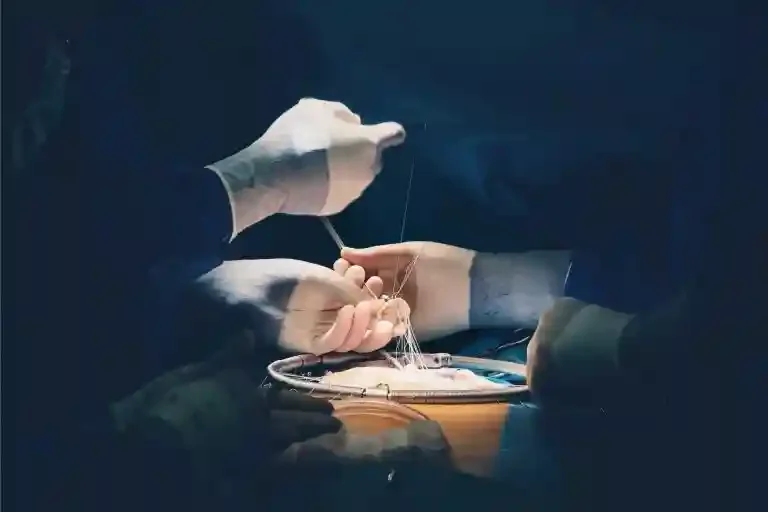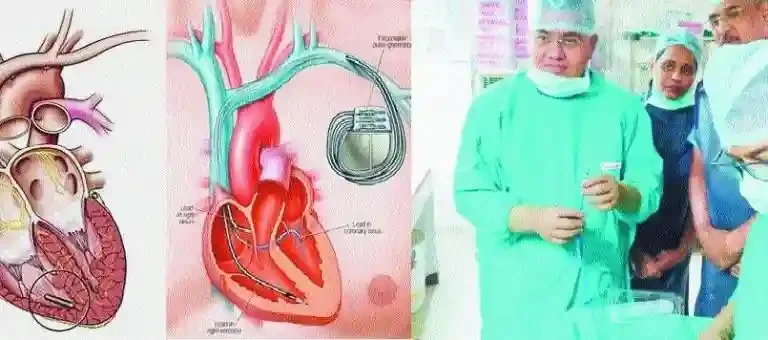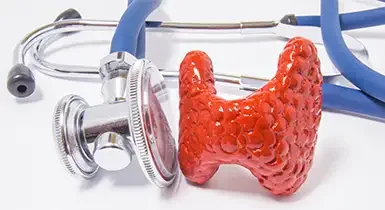Home » Medical Procedure » Cervical Spine Surgery
Cervical Spine Surgery (Neck
Surgery), in India
What is
Neck Surgery (Cervical Spine Surgery)?
Neck surgery, also known as Cervical Laminectomy, is a general term for a surgical procedure done to create a space in the neck vertebrae, also known as the cervical spine. The cervical spine is the upper part of the spine that comprises the back of the neck, from the skull base to the clavicle. This is done to reduce the compression of the spinal cord and nerve roots. Neck surgery is done to treat any bulged or herniated discs or Spinal Stenosis – a condition in which the openings in the vertebrae of the neck narrow due to degenerative changes in the spine. It is also used to treat chronic neck pain as well.
Neck surgery is often the last resort if any conservative treatment method doesn’t work. Conservative neck treatment usually includes OTC (over-the-counter) medicines, physical therapy, ice and heat therapy, home exercises, steroid injections, etc.
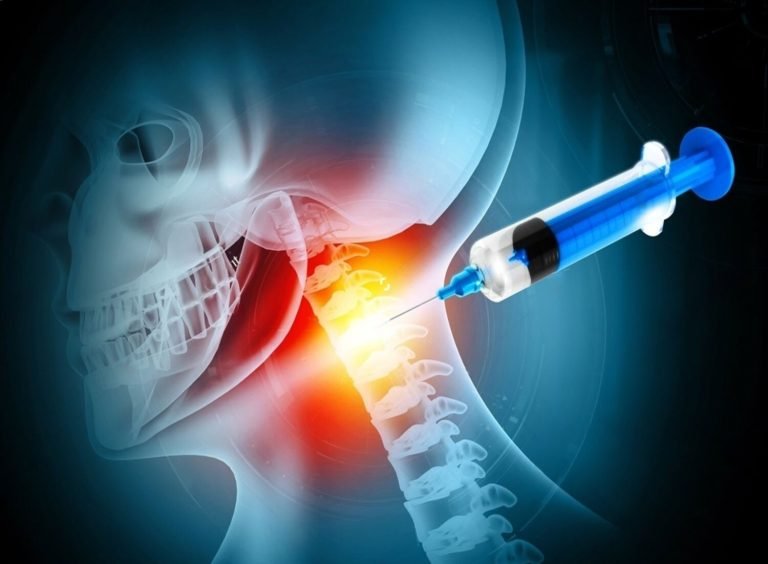
Signs & Symptoms of Cervical Spine Surgery
Neck surgery helps patients regain motor functions and alleviate pain which helps them to continue with their daily activities. There are certain situations where neck surgery is a necessity. Usually, the conditions that require neck surgery are age-related. Here are a few signs and symptoms which indicate the requirement for neck surgery –
- A pinched nerve (Cervical Radiculopathy)
- Broken neck (Cervical Fracture)
- Spinal cord compression (Cervical Myelopathy)
What Causes Lead to the Requirement for Neck Operation?
There are several reasons why a neck operation would be needed. Some of them are as below –
- Sprain & Strain - An abrupt neck movement, such as from a fall or a car accident, is typically to blame for a neck strain or sprain. However, these two types of neck problems can also be brought on by regular habits like bad posture or uncomfortable sleeping positions.
- Degenerative Disc Disease - Cervical spine discs experience "wear and tear" changes as the patient ages, which are referred to as cervical degenerative disc disease.
- Osteoarthritis - When the protective cartilage lining each neck facet joint starts to deteriorate, cervical osteoarthritis, also known as cervical facet joint condition, develops.
- Herniated Disc - A herniated disc develops when the nucleus pulposus, a soft, rubbery substance ordinarily confined inside the disc, escapes and presses or pinches a nerve root.
Neck Surgery Cervical Spine Surgery Dos & Don'ts
Neck surgery requires proper care. Below are some of the dos and don’ts after neck surgery –
Dos
- Arrange the household items within reach to avoid major movement during the initial days of the surgery.
- Correctly wearing a cervical collar or brace is essential. Observe the care and usage guidelines, including the recommended amount of time for wearing them.
- Walking is important - Climb and descend stairs as well. It's acceptable to walk slowly outside or on a treadmill with no slope.
- Drive only after receiving permission from your healthcare provider.
- Take medication as prescribed.
Don’ts
- Don't lift anything heavy.
- For two weeks following surgery, avoid waist-bending motions as well as raising your hands above your head.
- Don't take any anti-inflammatory drugs without the doctor's advice, as it might delay bone fusion.
- Do not bathe in the bathtub or swimming pool until told by the doctor.
- Quit smoking as nicotine slows down bone healing.
What are the Different Types
of Neck Operations?
Following are the types of neck operations –
- Discectomy - This is the procedure of removing a damaged disc between the vertebrae that might compress the nerve or spinal cord.
- Foraminotomy - This is done to widen the openings in the vertebrae where the nerve roots exit from the spinal cord.
- Laminectomy - This is done to remove the portion of the vertebrae called lamina to increase the space between the spinal cord and the nerve roots.
- Spinal Fusion - This is done to fuse two or more vertebrae together to stabilize a portion of the spine.
- Laminoplasty - This is done to relieve pressure on the spinal cord and nerves around the area.
Diagnostic Tests for
Cervical Spine Surgery
Once the patient visits the doctor, the doctor will ask about their medical history and perform a thorough physical examination, including numbness, muscle weakness, and tenderness. After the physical medical exam, the patient will be asked to do the following tests –
Imaging Tests
Imaging tests include the following –
- X-Rays - Helps in revealing areas in the neck where the spinal cord and nerves might be pinched by the bone spurs or other changes.
- MRI - A powerful magnetic field and computer-induced radio waves are used in MRI to provide precise images of the bones and soft tissues. Discs, the spinal cord, and the nerves that emerge from the spinal cord are examples of soft tissues.
- CT Scan - CT scans use X-ray images captured from numerous angles to create detailed cross-sectional views of the neck's internal components.
- Blood Tests - Blood tests are done to figure out if there is any infection or inflammation.
- Electromyography - EMG determines if the neck pain is related to the pinched nerve. It is done by inserting fine needles through the skin into a muscle. The test analyzes the speed of conduction along the nerves to ascertain whether the nerves are functioning properly.
How is
Neck Surgery Treatment Done?
After the diagnosis, the doctor will give a date for the surgery based on their availability. Before the surgery, the surgical team will provide some detailed instructions on what to do and what not to do before the surgery. They will advise the patient to eat healthy, quit smoking, and exercise at least once a day to stay active. This will promote optimal recovery and make the entire process smooth.
Also, they might need to stop taking certain medicines a few days before the surgery to prevent excess blood loss or interaction with anesthesia during the procedure. In addition, they might also have to tell the doctors about the OTC drugs, medications, and supplements. It will help them make safety plans before, during, and after the surgery.
Before
Surgery
On the day of the surgery, it is advisable to reach the hospital early and wait an extra few minutes to check in and do the necessary paperwork. Once the documentation is done, the hospital personnel will offer a hospital gown, and a brief physical examination will be given to ensure the patient is ready for the surgery.
After a few minutes or hours, the patient will be administered fluid & medications into the arm with an IV setup. The patient is then wheeled into the operation theater, where they will be given anesthesia before the surgery.
During
Surgery
Depending on the surgery, the patient will be lying down on his back or stomach. In some severe cases, the surgery is required to be done on both sides. Thus, the doctors will have to flip over the operating table to perform the surgery on both sides. Depending on the type of surgery, the incision will be made in the back or front of the neck or head. They will perform the following procedures as discussed & planned prior to the operation, including Discectomy, Foraminotomy, Laminectomy, Spinal Fusion, or Laminoplasty. After the completion, they will suture the incisions and bandage the area.
After
the Surgery
The patient will be brought to a recovery area after the neck surgery. They will remain there until they completely recover from the anesthesia, which often takes a few hours. The patient will be taken to a hospital room once they are stable and kept there until they are ready to go (be discharged).
Within 24 hours of surgery, the patient will be urged to stand up and walk. A healthcare professional will arrange a follow-up appointment when they return home. In order to protect the neck while it recovers, the doctor might prescribe a cervical collar that needs to be worn constantly. Specific instructions will be provided by the surgeon, like when the cervical collar can be temporarily or permanently removed.
How Long Does it Take to
Heal After Neck Surgery?
The overall recuperation time may vary depending on the procedure. A spinal fusion may take six to twelve months to solidify. However, after a discectomy, laminectomy, or foraminotomy treatment, the patient can typically return to work in a few days to a few weeks. About three months into the rehabilitation, they can anticipate returning to their regular activities. Hence, it is advisable to stick to the recovery plan given by the doctor. Minor exercises are also recommended after the surgery, as minor movement can help recover fast. Moreover, it is important to know there are some side effects and complications of the surgery that can be eliminated with proper care and a timely visit to the doctor.
Risk Factors for
Neck Surgery
Potential risk factors of neck surgery are as follows –
- Mental strain - Tightening of the neck muscles as a result of stress can create stiffness and pain in the neck.
- Age - Neck pain can be brought on by degenerative disorders, including osteoarthritis and spinal stenosis, as a person ages.
- Injury - Trauma and other wounds can harm the muscles, ligaments, and other parts of the neck, which can cause neck pain.
- Growths - Growths, including tumors, cysts, and bone spurs, can irritate the nerves in the neck and make it hurt.
- Other Medical Disorders - Meningitis, rheumatoid arthritis, and cancer are just a few of the conditions that can cause neck pain.
Life Wins Stories



Paresh Vyas
Excellent facility with renowned Cardiologists like Dr Dharmesh R Solanki. Very humble doctors, and good staff. Value for money.

Meena Kothari
Excellent facility with renowned Cardiologists like Dr Dharmesh R Solanki. Very humble doctors, and good staff. Value for money.
Life Wins Stories

Paresh Vyas
Excellent facility with renowned Cardiologists like Dr Dharmesh R Solanki. Very humble doctors, and good staff. Value for money.

Meena Kothari
Excellent facility with renowned Cardiologists like Dr Dharmesh R Solanki. Very humble doctors, and good staff. Value for money.
Learning Wins Life Wins
FAQs On Cervical Spine Surgery in India
Q. Is neck surgery serious?
Neck surgery is a low-risk surgery, but like any other procedure, complications such as hematoma, C5 palsy, infection, and injury to the nerves or spinal cords might exist.
Q. How long is neck surgery?
The length of the neck surgery depends on the injury and the type of surgery. However, it might take somewhat around 1-8 hours, depending on several other factors.
Q. Can you live a normal life after neck surgery?
After the surgery and complete recovery, the patient can return to their normal lives. However, they must follow the complete recovery plan as given by the doctors.
Q. Can you walk after neck surgery?
After neck surgery, walking is the best exercise a patient can do for the first six weeks after surgery. Initially, start slowly and gradually try walking for 30 minutes per day.
Q. What percentage of neck surgeries are successful?
The success rate for surgical therapy of cervical disc herniation ranges from 66 to 98 percent.
Q. Is cervical neck surgery safe?
Cervical neck surgery is generally considered safe. But like any other surgery, it also poses some risks and complications like infection, bleeding, etc.








